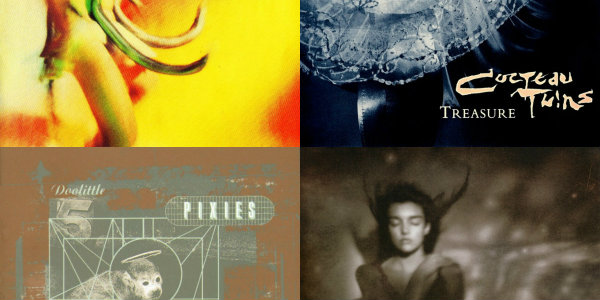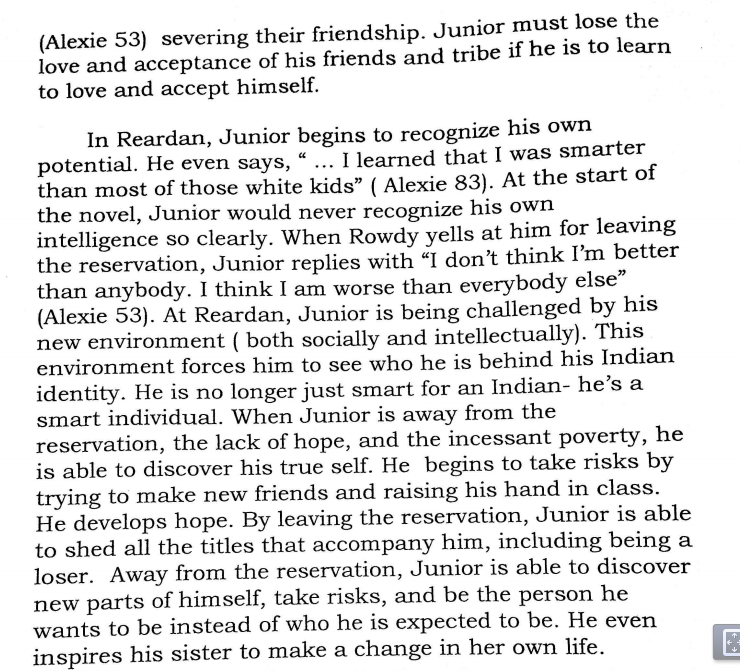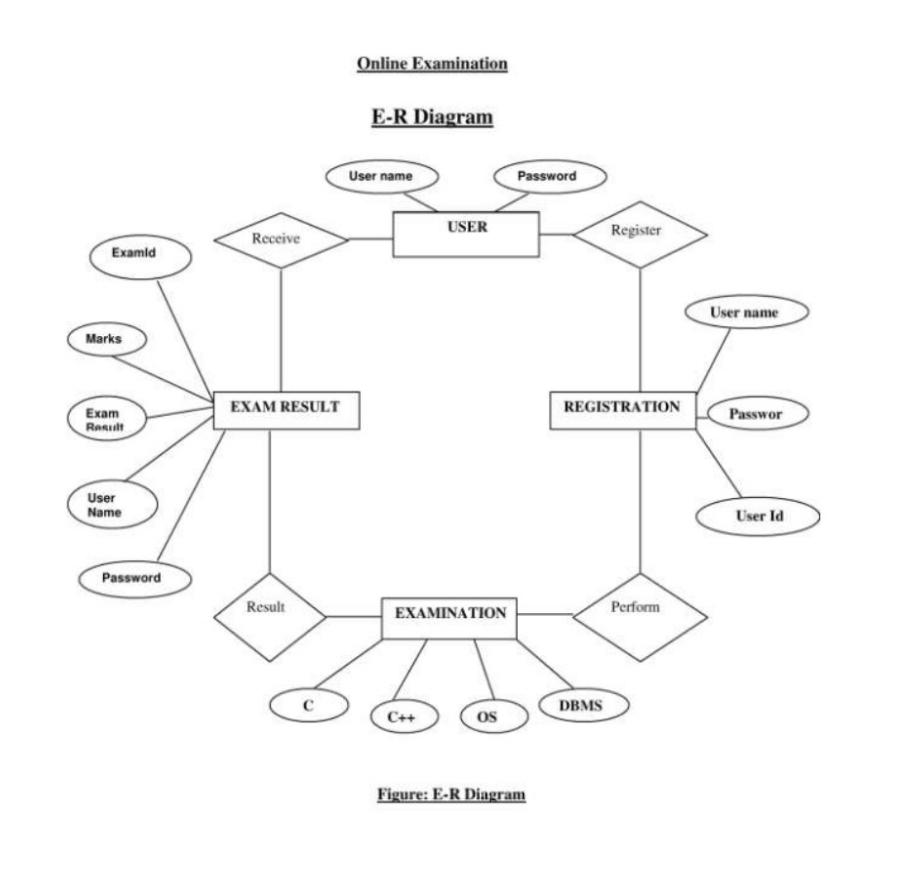The Evil Person: Essays on Shin Buddhism: Shuichi Maida.
He is the author of the Dharma Breeze: Essays on Shin Buddhism. He is currently director of the Maida Center of Buddhism located in Berkeley, California. The center is designed for studying and sharing Shin Buddhism in the USA. It holds regular study classes and seminars.As a Shin Buddhist, my primary practice is not meditation, Sutra study, ritual, or precepts. All of these can be valuable of course, but in our school of Buddhism our main focus is the practice of gratitude. About 800 years ago, a Japanese monk named Shinran founded a new Buddhist school with his wife, Eshinni.Guide to Jodo Shinshu Teachings and Practices 3 Jodo Shinshu Teachings beautiful forest called Deer Park in a section of India now known as Sarnath. Here he found the five mendicants (wandering monks) who had practiced asceticism with him. He decided to deliver his first sermon there, calling it the First Turning of the Wheel of Dharma. Having heard the teachings, the five.
Shin Buddhism, like all Mahayana schools, depends entirely on the theory and practice of the bodhisattva path because Dharmakara could not have transcended his own karmic evil without developing the paramitas and reaching Buddhahood - thus fulfilling his vows.A favourite Shin writing, the Tannisho, says: 'In believing the Original Vow, deeds of morality are not required because there are no deeds of morality which can surpass the Nembutsu (the Name of the Buddha); nor should one be afraid of evils, because there are no evils powerful enough to obstruct the way of Amida's Original Vow'.

By Shin Yatomi, based in part on Yasashii Kyogaku (Easy Buddhist Study) published by Seikyo Press in 1994. The evil of destruction is like a shadow cast by the good of creation. Nature gives and takes life. Even on the cellular level of the human body, the evil of decay and death exists side by side with the good of growth and health.












